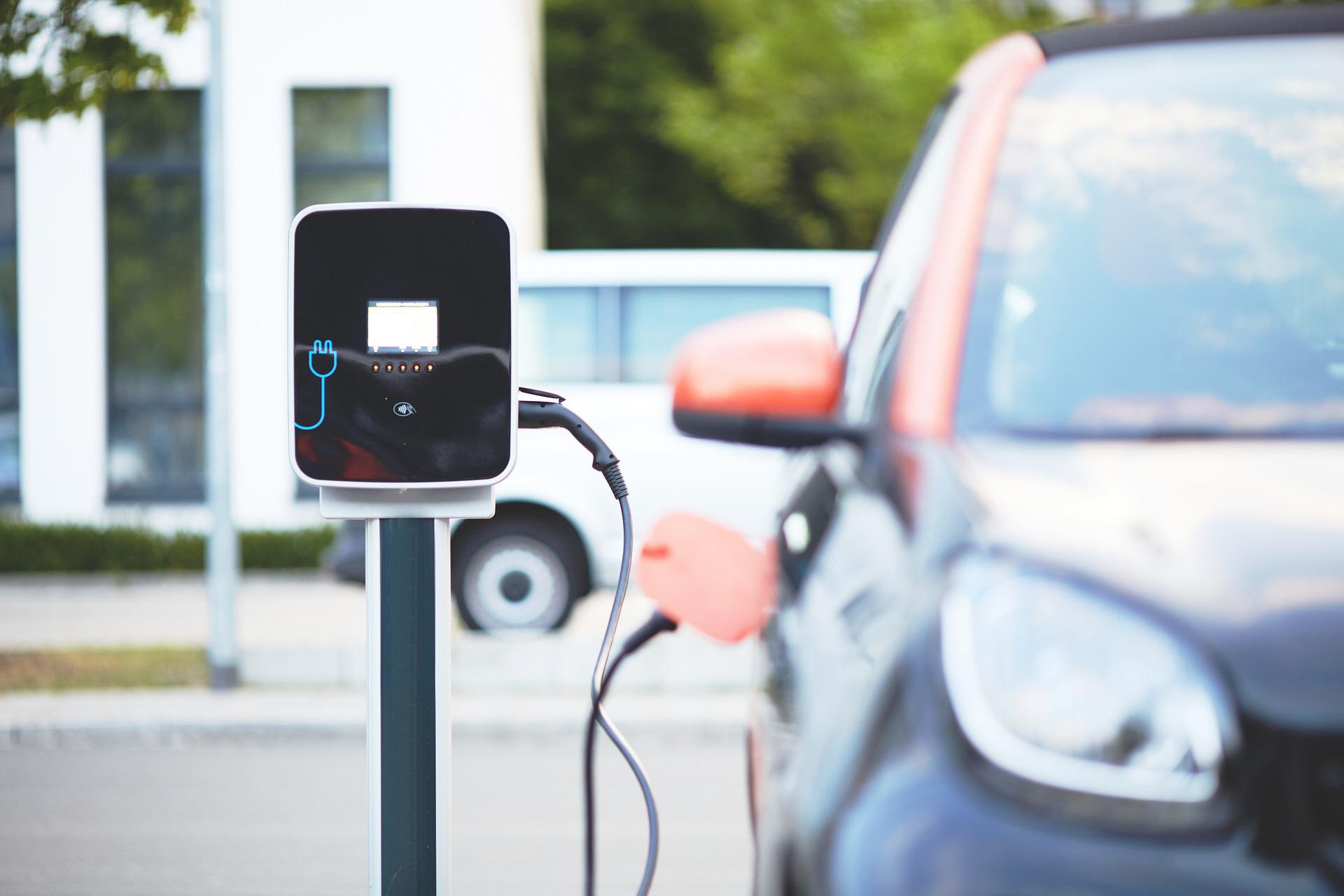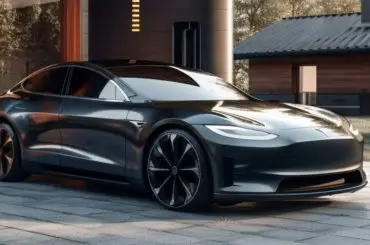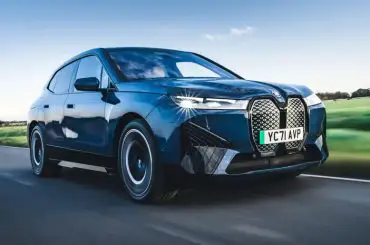The amount of time an average vehicle can go between charges depends on a variety of factors, including the current battery capacity, the vehicle’s weight, as well as the surrounding temperature. How often do you have to charge an electric car? It could be inyour mind if you’re among the many people considering switching to an electric vehicle.
Quick response
How often do you have to charge an Electric Car? Most EV manufacturers advise that you keep your rechargeable battery around 20 and 80%.
Answer to the question of how often do you have to charge an electric car would therefore rely on where you reside, how much farther users enjoy regularly driving, as well as what kind of electrical vehicle individuals had already selected. Between 153 and 620 kilometers are covered by an electric car’s battery.
Contents
What Influence the Charging Frequency on an Electric Vehicle?
Let’s figure it out.
Efficiency and riding techniques
You’ll refuel more frequently the more users drive. Less visible is the impact your driving style has on how frequently you need to refuel.
Naturally, you’ll have to charge the vehicle more frequently the more traveling you undertake. Less noticeable is how your driving style impacts how frequently you need to refuel. You will need more juice as you go at a quicker rate.
The climate
Chemical processes are used by lithium-ion batteries to produce power. Low temperatures will slow down these processes, impacting how well the battery performs.
Whenever the charge is dry, fuel efficiency may be partially or entirely deactivated. Therefore, city riding won’t provide your battery with the same advantages. The cold might also affect how long it takes to recharge. It appears that even as such, “Tesla superchargers” cannot combat the cold.
Dimensions of the battery
The capacity of the cell on its own will have an impact on the amount of distance the EV battery provides. Because lighter cells have a lower charge capacity than larger cells, you won’t receive as many kilometers out of them.
Age of the battery
The size and quality of the cell a vehicle is equipped with also affect how far it can go on a single charge. The longevity of your automotive battery is assured by recent advancements in lithium-ion innovation, even under continuous usage.
The vehicle’s weight
The amount of energy needed to move an automobile increases with its weight. This implies that the range is decreased if there are four people in your vehicle or if the cargo is loaded with a large object.
Tires’ state of repair
The reduced economy will result if your wheels are in bad shape. The wheels’ quality is influenced by road circumstances, tire composition, and pressure. In addition to lowering efficiency, using deflated tires won’t be quite as effective. While it won’t affect distance more than velocity, poor tire grip still contributes to distance loss.
How often do you have to Charge an Electric Car?
Depends on the type of EV you are driving, the charger you are using, and how you drive. For most EV users, once every two to three weeks is plenty. If you regularly drive an EV and have smart charging, you may also plan for your vehicle to be recharged at nighttime.
This will help you save money on electricity bills and ensure that your EV is often recharged when you awaken.
Most of the most recent electric vehicles can go more than 200 miles (322 km) on a single battery charge, making them ideal for daily driving. The majority of electric vehicle owners recharge their vehicles nightly at their residences.
Those who drive frequently do not need to recharge their batteries completely every night. A few hours without a plug-in are possible because of the long-lasting batteries that manufacturers supply for electric cars.
Additionally, the number of charging points outside your house than you would have anticipated makes it simple to locate one of these when the vehicle needs a refresh. In other words, even if you neglected to charge the cell overnight, there seems to be no reason to feel concerned that your car would break down in the center of the road.
Charge Time for an Electric Vehicle
It might take as little as a few moments or as long as 24 hours to charge an Electric car. Anything influences this, including the brand of vehicle, the recharging, the surrounding temperature, as well as the amount of the connection used to connect the two.
The capacity of the cell being used and how quickly the charging point charges the battery determines how long it needs to fill an electric car. Depending on the circumstance, charging times might range from thirty minutes to well beyond 12 hours.
Charging Levels for Electric Cars
Level 1
A typical 120-volt connector is used by Level 1 charging points. The most typical type of station used by owners with EVs that overnight recharge their automobiles would be a Level 1 charger. They are both the least expensive and the quickest kind of charger.
Level 1 adapters may be connected straight into an outlet without needing any form of installation that is specific to them. They are the most efficient for recharging since Level 1 stations can often supply between two and five range miles each hour.
Level 2
Level 2 adapters work with a 240-volt source of energy for domestic usage and then a 208-volt battery charger for commercial use. Given the requirements of this type of network, level 2 batteries should only be fitted by qualified personnel. Level 2 batteries may provide 10 to 60 range miles each hour and thus are substantially quicker than Level 1 charges.
Level 3
With a level 3 charging, you may get a capacity of sixty to one hundred miles in a minimum of about 20 minutes, making it the quickest type currently available. The most complicated and challenging to install among all of the EV charging alternatives are Level 3 stations. As Level 2 adapters, they, too, need expert installation, although they are considerably more commercial in character.
Which EV charging is best for your car, and how do I pick it?
The car, the rate you desire or require it to recharge, the amount of money you’re ready to pay, and the charger’s location are all factors to consider when choosing the best EV charger.





